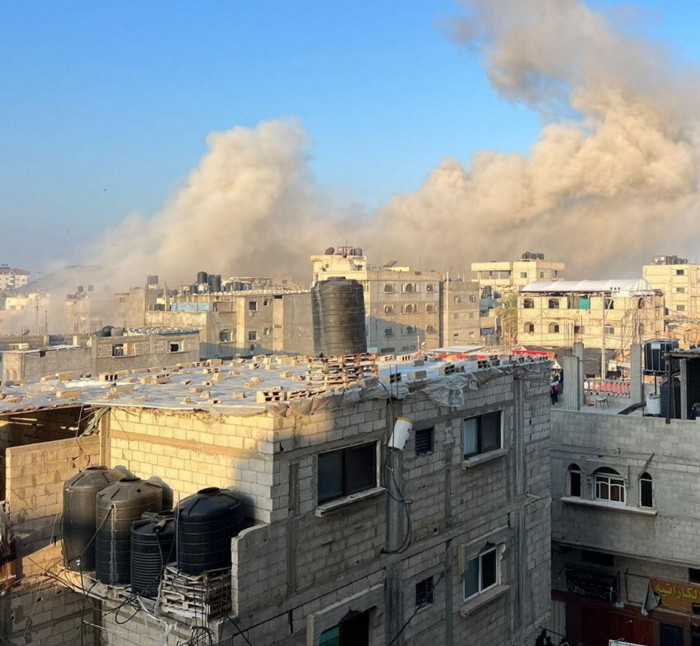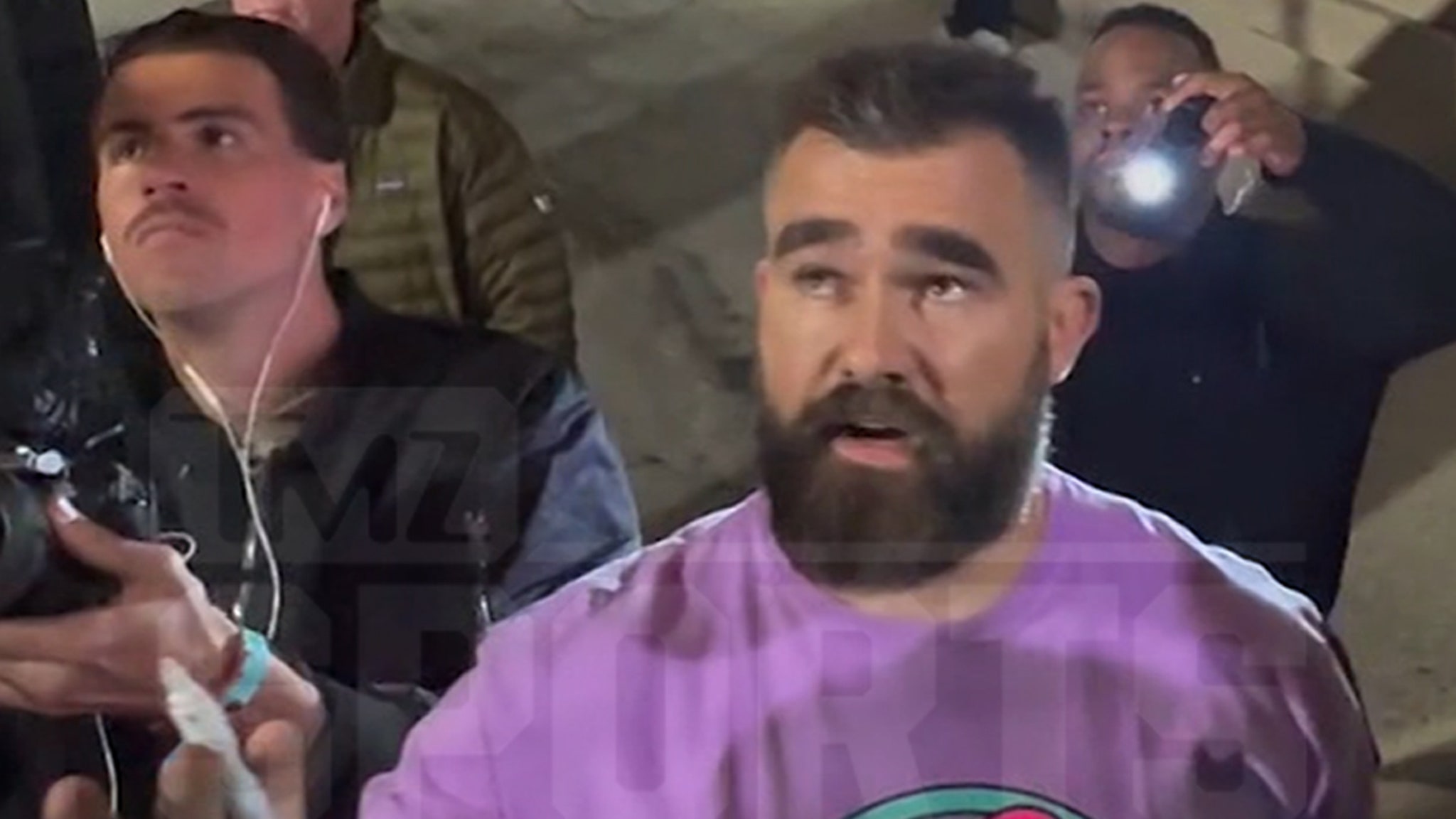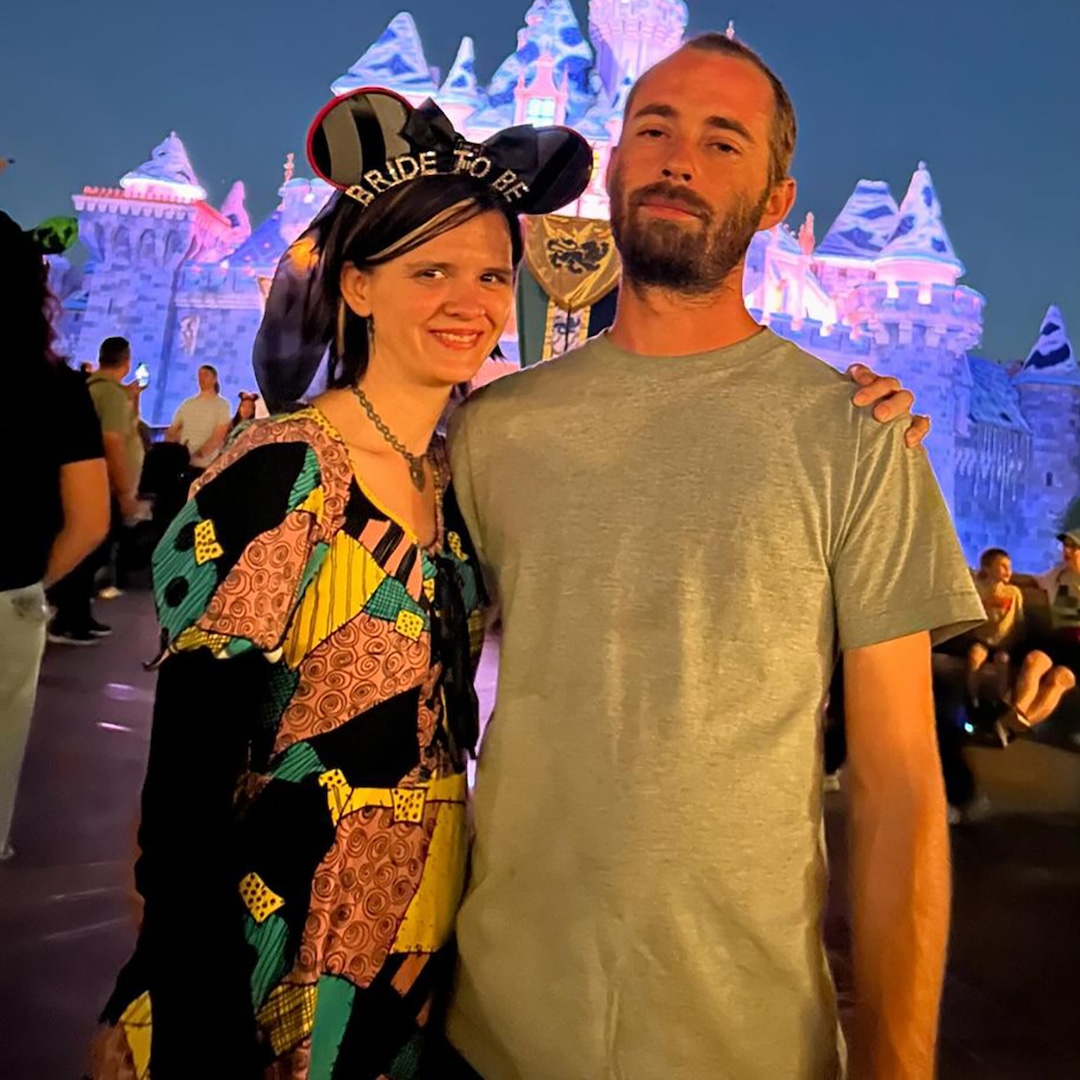Israel and Hamas have resumed fighting, ending a week-long truce in Gaza that international mediators had hoped to extend to an eighth day.
“Hamas violated the operational pause and, in addition, fired towards Israeli territory,” the Israel Defense Forces said, adding that it had resumed combat with Hamas. By Friday afternoon, the IDF said it hit 200 “terror targets”.
Friday’s resumption of hostilities shattered a fragile truce that had allowed for the release of about 100 Israeli women and children and foreigners held hostage by Hamas and other Palestinian militant groups, in exchange for about 240 Palestinian women and children freed from Israeli jails.
Israeli Prime Minister Benjamin Netanyahu’s office on Friday accused Hamas of failing to meet its commitment to release “all the kidnapped women”. The Israeli military said it was “currently striking Hamas terror targets” inside the strip. Air raids and artillery strikes were immediately reported in Gaza after the truce broke down.
Hamas and other Palestinian militant factions said they had fired rockets at towns across southern Israel and as far as Tel Aviv, in retaliation for the renewed Israeli air strikes, without claiming responsibility for the launches from inside Gaza early on Friday. Israel’s military also struck back after rockets were fired across its northern border with Lebanon by Hizbollah, the Iran-backed paramilitary group which is an ally of Hamas.
The Gaza health ministry said 178 people had been killed and 589 injured in the renewed Israeli assault. Four children were among nine people killed in the southern city of Rafah, according to the Abu Youssef al-Najjar hospital.

Netanyahu’s office said it was resuming fighting in order to release hostages and “eliminate” Hamas.
Qatar, which with Egypt and the US brokered the pause in hostilities, said negotiations between the two sides were continuing in an attempt to return to the truce. But Doha warned the bombing of Gaza so soon after the truce’s end “complicates mediation efforts and exacerbates the humanitarian catastrophe in the strip”.
Lloyd Austin, the US defence secretary, said Hamas had failed to produce enough hostages for the pause to continue.
But he added that Washington had counselled Israel in near daily phone calls about the necessity of protecting innocent civilians “and they need to make sure they’re doing things to ensure civilian safety”.
The truce, initially set for four days starting on November 24, was extended twice as Hamas offered to release more women and children in exchange for Palestinians held in Israeli prisons and increased deliveries of humanitarian aid to Gaza.
But the pause in hostilities frayed following the killing of three Israelis at a bus stop in Jerusalem on Thursday in an attack claimed by Hamas. An official briefed on the negotiations said the militant group was struggling to find 10 women and children to hand over in line with the original agreement, which was based on about 10 Israeli hostages being freed each day.
“Mediators are trying to find a way to add more people to the remaining women and children and Hamas is trying to get more people to release,” the official said. “The push now is to add a secondary category of hostages to the women and children and speed up talks on a longer deal that would involve the release of soldiers.”
Hamas insisted that during Thursday’s negotiations it had made offers to return hostages, including elderly captives.
“We and other groups in Gaza now have only three women and children, but [Israel] refused to extend the truce to receive them,” Hamas official Khalil al-Hayya told Al Jazeera.
The militants are expected to ask for greater concessions in exchange for releasing the 140 remaining hostages, which include many Israeli soldiers and reservists.
But Israel’s government remained under pressure from its citizens to secure the release of all hostages, with their families on Friday calling for a fresh deal.
“The end of the current deal is a huge disappointment for the families,” said Ilan Zaharia, whose niece Eden Zaharia is among the captives. “We demand that the Qatari and Egyptian mediators as well as Hamas sit down and come up with a deal to increase the number of those released from Hamas captivity.”
“The women and children deal . . . has not ended,” Zaharia added. “Eden was very close to being released . . . We want a major deal that will bring all our hostages home.”
The fighting marks the end of a shortlived respite for Gazan civilians, who had endured weeks of intense Israeli bombardment and a ground invasion triggered by Hamas’s October 7 attack on communities in southern Israel, in which the militant group killed 1,200 people and took about 240 hostages.
Palestinian officials said more than 14,800 people in Gaza had been killed in Israel’s assault and the UN estimated that 1.8mn people had fled their homes, creating a humanitarian crisis amid severe shortages of food, water, fuel and medicine. The UN on Friday said the Rafah border crossing between Egypt and Gaza had again been closed. Rafah is the sole operational point of entry for aid into the besieged strip.

Israel has sent text messages to Gazans listing areas they should evacuate. “The IDF will start a crushing military offensive . . . with the purpose of annihilating the terror organisation Hamas,” the messages read. “For your safety, move immediately.”
Israel’s offensive has focused on northern Gaza, but the military is expected to move south to where about 80 per cent of the strip’s population has fled. Western governments have been pressing Israel to do more to protect civilians.
US secretary of state Antony Blinken told Netanyahu during a visit to Jerusalem on Thursday “that the massive loss of civilian life and displacement of the scale we saw in northern Gaza [must] not be repeated in the south”.
The IDF told people in neighbourhoods across southern Gaza, east of Khan Younis as well as parts of northern Gaza that they should move to what it described as “known shelters” in Rafah and a “humanitarian area” in Al-Muwasi.
Al-Muwasi is a 14 sq km coastal area in south-western Gaza where Israel said it wanted to declare a “safe zone”, although the UN argued the unilaterally declared plan could endanger civilians. A UN official said there were no humanitarian preparations being made in Al-Muwasi.
Additional reporting by Neri Zilber in Tel Aviv and Felicia Schwartz in Simi Valley, California


































































:quality(85):upscale()/2023/11/30/864/n/1922564/0eb15bd96568e635bd2e05.68671908_.png)












